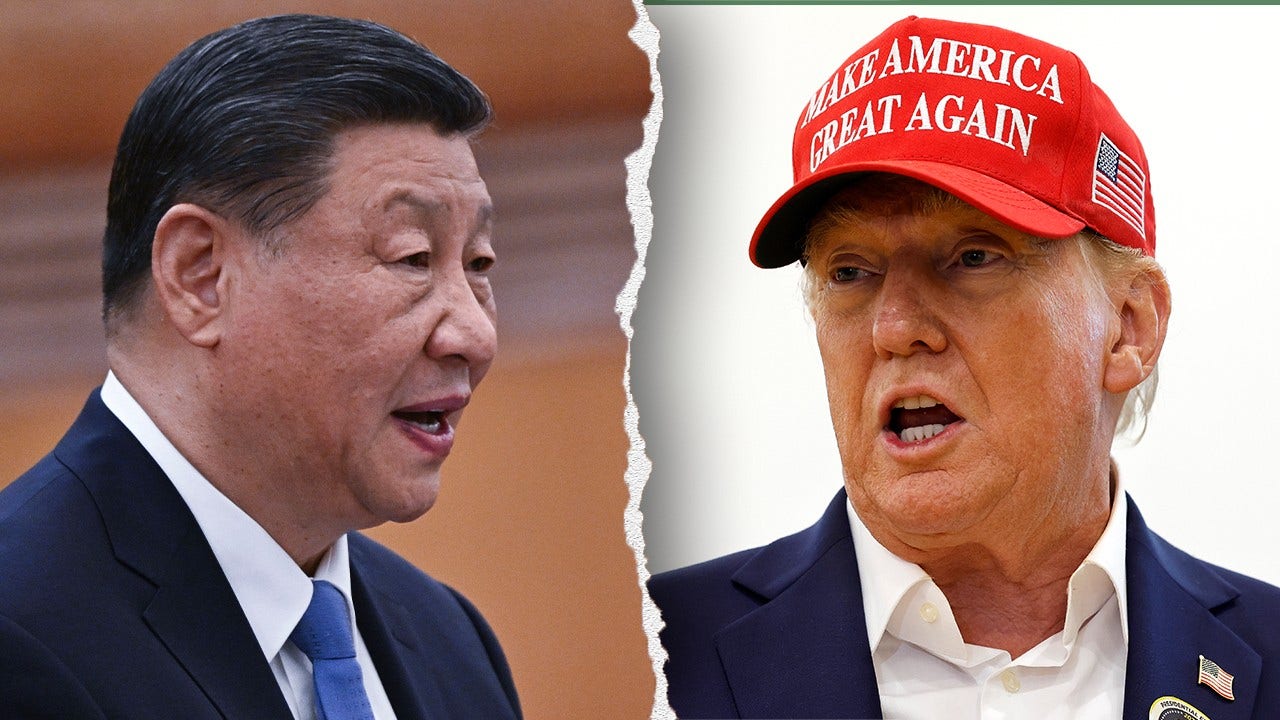
People won’t take jobs because Democrats gave them too much money, according to Senate Minority Leader Mitch McConnell (R-Ky.).
“You’ve got a whole lot of people sitting on the sidelines because, frankly, they’re flush for the moment,” McConnell told the Paducah Area Chamber of Commerce in his home state this week. “What we’ve got to hope is once they run out of money, they’ll start concluding it’s better to work than not to work.”
McConnell’s statement may have been a standard right-wing grievance, but the idea that the American people currently have too much spending power also happens to be the guiding principle of the federal government’s most important economic policy as it tries to tamp down rampant inflation.
Federal Reserve officials don’t agree with Republicans that Democratic stimulus spending alone caused inflation. They have continuously cited supply problems as a major contributor — though they’ve been careful to avoid playing referee in the debate over why prices went up.
But the Fed can’t do anything about COVID lockdowns in China or the war in Ukraine. The central bank can only suppress demand by hiking interest rates, and it’s doing so at the fastest pace in decades. Higher interest rates make borrowing more expensive, meaning people and businesses will likely take out fewer loans and spend less money. Reduced consumer spending means fewer jobs.
“Our objective, really, is to bring inflation down to 2% while the labor market remains strong,” Federal Reserve Chair Jerome Powell said at a press conference last month. “I think that what’s becoming more clear is that many factors that we don’t control are going to play a very significant role in deciding whether that’s possible or not.”
“By slowing demand too aggressively, [the Federal Reserve] could get very well cause an economic downturn and get a lot of people fired and make people poor, make families poor, even though they’re already struggling from rising prices.”
– Jin Woo Chung, senior economist at the progressive think tank Groundwork Collaborative
Some economic indicators suggest the labor market may already be cooling off. On Friday, the Labor Department reported strong but slightly slower job and wage growth in June than in previous months. Heidi Shierholz, president of the liberal Economic Policy Institute, said “this decelerating wage growth means the Fed doesn’t need more interest rate increases to contain inflation.”
Powell and other Fed officials use bureaucratic language to obscure the possible collateral damage of their efforts to bring prices down and restore “balance” to supply and demand, both for products and workers. At their meeting last month, the Fed’s decision makers said they anticipated that “an appropriate firming of monetary policy would play a central role in helping address imbalances in the labor market,” according to notes of the meeting released this week.
In a tight labor market with more job openings than workers to fill them, restoring balance could simply mean fewer job openings. Or it could mean more mass layoffs. Either way, the Fed expects higher interest rates to push up the national unemployment rate about half a percentage point to 4.1% over the next two years. Many economists think the Fed’s predictions understate the likelihood of more severe pain.
“By slowing demand too aggressively, they could get very well cause an economic downturn and get a lot of people fired and make people poor, make families poor, even though they’re already struggling from rising prices,” Jin Woo Chung, senior economist at the progressive think tank Groundwork Collaborative, said in an interview.
Chung thinks that because supply problems are contributing to inflation — a recent analysis by economists at one of the Fed’s regional banks found that supply accounted for at least half of price increases — the government should not respond solely by attacking demand. Instead, Chung said the Biden administration and Congress should target price gouging and corporate profiteering.
A small number of Democrats have begun to second-guess the Fed’s strategy given the prevalence of supply problems. At a hearing last month, Sen. Elizabeth Warren (D-Mass.) asked Powell if higher interest rates would directly reduce gas or food prices, and Powell acknowledged they would not.
“Right now, the Fed has no control over the main drivers of rising prices, but the Fed can slow demand by getting a lot of people fired and making families poorer,” Warren said. “You know what’s worse than high inflation and low unemployment? It’s high inflation and a recession with millions of people out of work.”
Sen. Jon Tester (D-Mont.) pressed Powell on whether high interest rates would cause a recession.
“It’s not our intended outcome at all, but it’s certainly a possibility,” Powell said.
The central bank’s aim is to change people’s perceptions of where inflation is going, said Erica Groshen, a senior economics adviser at the Cornell University School of Industrial and Labor Relations.
“They are trying to convey to the markets and to individuals that they are not going to be satisfied with very high inflation for a long time, that they are willing to slow the economy down if necessary to get to closer to the inflation targets,” Groshen said.
If people and businesses expect inflation to continue, their behavior could actually make it worse — for example, if workers demand raises solely to offset potential future increases in the cost of living. The Fed closely monitors inflation expectations; its own surveys show that since last year, household expectations have begun to shoot up.
“They don’t want to cause a recession, but to some extent people have to believe that they are willing to cause a recession if they have to,” Groshen said. “When you have expectations of inflation very high then you really do need a recession to bring those down.”
McConnell said it’s a shame that Democrats caused inflation by passing the American Rescue Plan early in 2021, a bill that boosted the value of unemployment benefits and doled out $1,400 stimulus checks. (Senate Republicans previously supported two major stimulus bills that sent people checks.)
“That decision last year on a party-line basis to drop $2 trillion on the economy was a gargantuan mistake,” he said.
As for McConnell’s claim that workers are rejecting jobs because they’re flush with cash, Matt Darling, an employment policy fellow at the Niskanen Center, a centrist think tank, pointed out that the employment-to-population ratio for prime-aged workers this year reached pre-pandemic levels (though in June it was slightly below its 2020 peak). The bank JPMorgan Chase has said that checking account balances have remained elevated since the start of the pandemic; a separate measure of how much money people are saving has fallen to pre-pandemic levels.
Darling mocked the idea that people were still sitting around because they got a stimulus check in April 2021.
“The idea that there’s a bunch of people who are like, ‘Oh, I’ve got $2,000, I’m going to surf off with that for 18 months’ – that’s really implausible,” Darling said.



























































